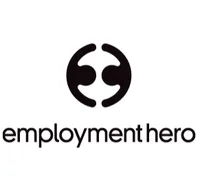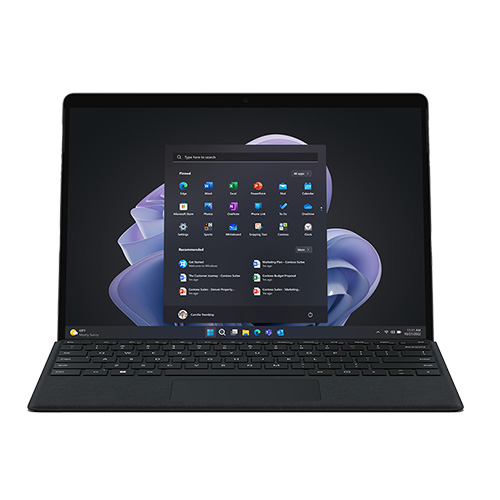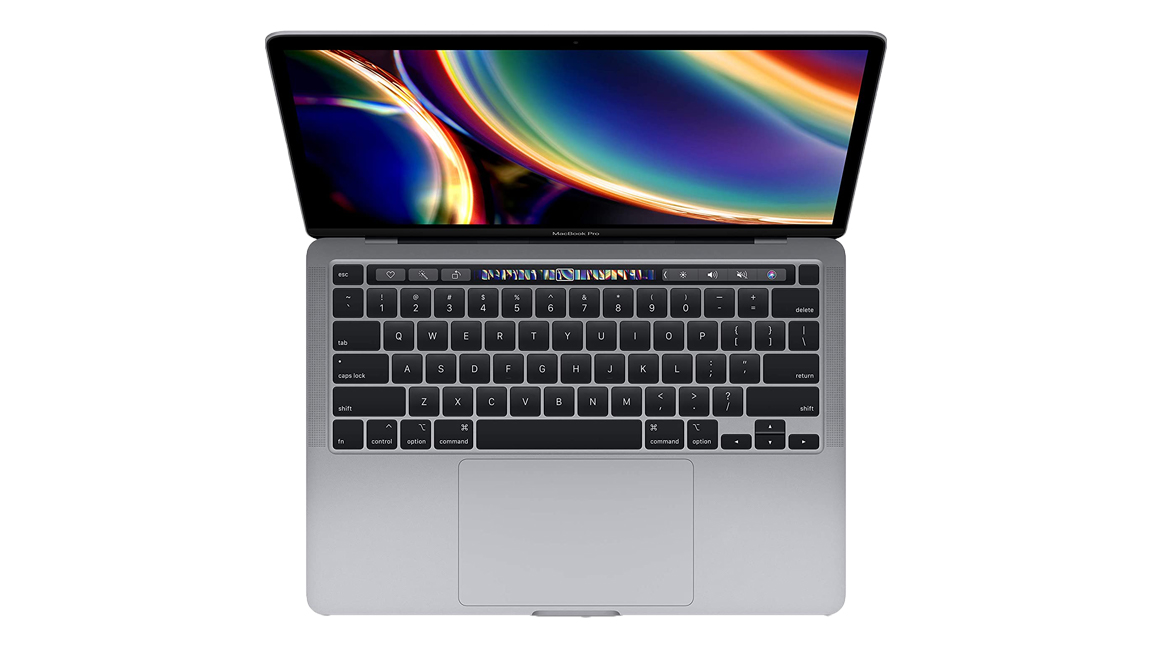5 reasons why businesses should use project management software
Every business should have an eye on efficiency, and the best project management software can help.

Sign up for breaking news, reviews, opinion, top tech deals, and more.
You are now subscribed
Your newsletter sign-up was successful
In the modern world of work, there is a lot to do, and so keeping on top of everything is a huge advantage. The best project management software can really help, and today we're looking at five reasons your business needs to take the leap.
Anyone who has ever tried to work on a project with colleagues knows the situation: miscommunication can lead to people not working as efficiently as they need to do, which leads to awkward conversations and falling behind.
The best tools, from Microsoft Project to Asana to Miro to Trello, all offer a way for everyone in an organisation to transparently update coworkers on their project and, in turn, see the progress of others.
If your boss in on the fence, or you run your own business, then let's take a look at five key reasons you should considering getting into the world of project management software, and the best options for your situation.

TechRadar created this content as part of a paid partnership with Employment Hero. The contents of this article are entirely independent and solely reflect the editorial opinion of TechRadar.

Organisation and efficiency
We sort of touched on this one above but it's worth a second mention because it's ultimately the basis for any successful organisation in any field: competitors are more likely to get an edge if your business does not run smoothly.
For any project-orientated business, tracking projects is – obviously – a massive deal, and a lot of the current crop are excellent at that. Asana, for example, makes tracking progress a core part of its app and has a ton of features to help.
One of the main benefits of running companywide software is to help colleagues keep track of others, and stay accountable themselves; having a public view of who is doing what, and at what stage a project is, can be extremely helpful.
Sign up to the TechRadar Pro newsletter to get all the top news, opinion, features and guidance your business needs to succeed!

Time and resource management
Time is money, as the saying goes, and something that cannot be replaced if wasted. Keeping tabs on everything that needs to be done, allocating resources efficiently, setting timelines, and tracking progress are the cornerstones of getting projects completed on time across pretty much any sector.
A lot of the best options include different ways to input your resources (down to scary levels of specificity) and track incomings and outgoings intuitively alongside projects, so that everyone can see where the business is at.
One useful feature that many of the apps have is a dashboard, which offers a bird's eye view of the projects underway and their status: the ultimate in keeping track without having to spend too much time on any one thing.

Accountability and transparency
By allocating tasks to each team member, and then letting others see those tasks, you will help create a better sense of accountability for who is doing what. Lots of our favourite apps have ways to set tasks in very granular detail, too, meaning that almost no job is too small to not be tracked.
Managers will also be able to more easily monitor the progress of projects, often without having to take up the time of those who are working on the them, since all of the data is available via the platform itself.
Transparency is really key to making sure everyone feels like they're contributing to the overarching goals, not a siloed member of the team. With everything out in the open and nothing locked away in someone's brain, project management apps can help you get closer to that ideal.

Mitigating risks
Depending on your industry, risks can be a key part of the job, both from obvious and non-obvious sources. Project management tools often include ways to assess and track risks for a project, such as a new piece of construction.
While the software itself cannot mitigate the risks on its own, having all of the data available in an easily accessible and clear way can make a huge difference, and even help in creating strategies to address these risks.
Keeping everyone safe is one of the most important things any business can do, and that means having as much knowledge as possible from the outset.

Improving decision-making with data
While emotional decision making can be a huge bonus in some areas, like the arts, making decisions in a rational, data-led is key to a success for a lot of organisations. Helping keep track of this data and then presenting it in a clear way is therefore something you should be looking for.
Microsoft Project is especially good at this as the app integrates into the Microsoft 365 suite of apps seamlessly, bringing in data from elsewhere (think Excel) that could prove fundamental to making the right call on a project.
Most tools have reporting features and include the ability to analyse inputs and outputs, helping employees and managers to make decisions, find bottlenecks, and help improve how things are done while staying on the same page.
Max Slater-Robins has been writing about technology for nearly a decade at various outlets, covering the rise of the technology giants, trends in enterprise and SaaS companies, and much more besides. Originally from Suffolk, he currently lives in London and likes a good night out and walks in the countryside.